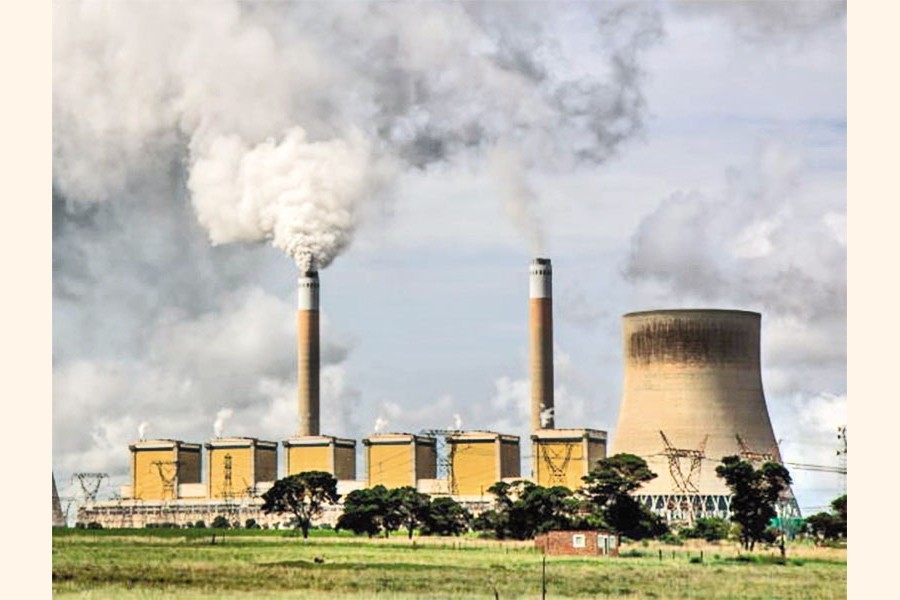Transparency International Bangladesh (TIB) has welcomed a decision taken by the government to discard 10 coal-based power plant projects in the country.
The anti-corruption watchdog also expressed concern over a plan to invest in some fossil fuel-based power projects to generate power as an alternative to coal-based power plants.
In a statement on Saturday, the TIB called for taking specific steps to increase investment in the renewable energy sector to achieve the target of 100 per cent such production by 2050.
Mentioning that the government cancelled those projects due to funding problems and the detrimental effects of climate change, the anti-graft body also urged the government to take effective steps to strictly ensure transparency, accountability and integrity in the energy sector.
The cancelled coal-fired power projects include a 1,320MW plant in Moheskhali, 1,320MW in Ashuganj, 1,200MW in Gaibandha, a 700MW Singapore-Bangladesh joint-venture, a 1,200MW CPGCL- Sumitomo
Corporation joint-venture, a 522MW plant in Munshiganj, a 282MW plant in Dhaka, 282MW in Chattogram, and a 1,320MW Bangladesh-Malaysia joint-venture.
TIB stated that though the 10 coal-fired power projects with a capacity of 9,347 MW are cancelled, 19 more such projects are still planned by the government.
Of the projects, eight centres including Rampal, Matarbari and Mirsarai are under implementation. According to media reports, the government wants to get 10,000MW to 12,000MW of electricity from those centres by 2030, as per the statement.
TIB Executive Director Dr Iftekharuzzaman in the statement said it is very worrying that the government wants to get electricity about one-fourth of the target from coal-fired power plants.
The government is also planning to build expensive LNG and oil-based power plants to replace the cancelled coal-fired power plants, he pointed out.
"That would transform Bangladesh into one of Asia's most coal and carbon polluting countries by 2030, which is by no means desirable as it conflicts with the government's national and international commitment to tackling climate change," Dr Zaman said.
"We strongly believe that the government should refrain from investing in fossil fuel-based power plants like coal and LNG to protect the interests of any particular group or country in this regard," he added.


